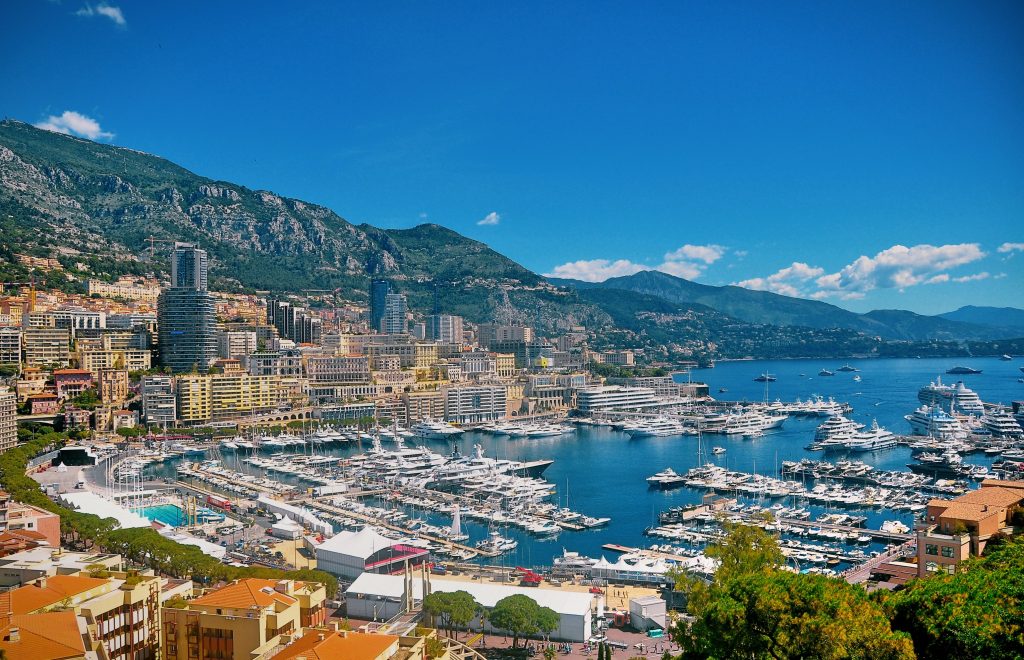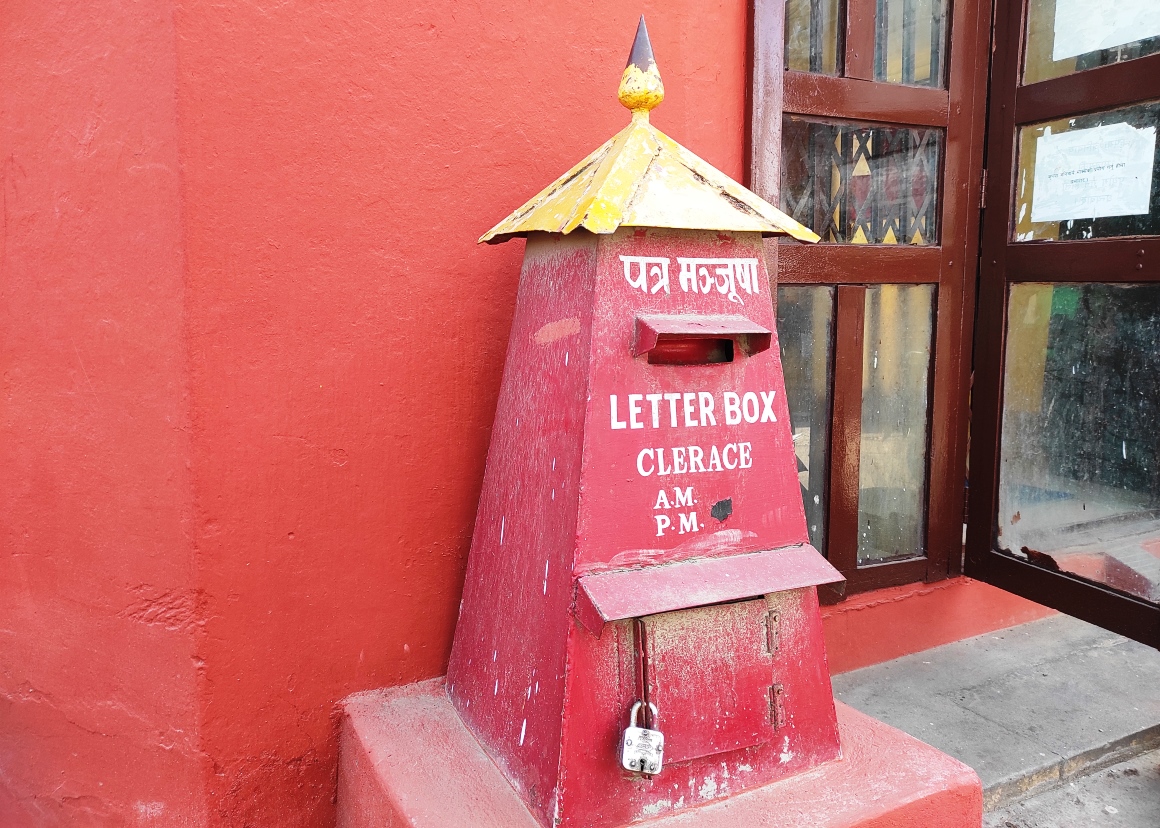Now Reading: Why Monaco Has No Income Tax And How It Shapes Life There
-
01
Why Monaco Has No Income Tax And How It Shapes Life There
Why Monaco Has No Income Tax And How It Shapes Life There

Monaco, a tiny yet glamorous principality on the French Riviera, is often associated with luxury yachts, casinos, and celebrity residents. But beyond the glitz, one of its most striking features is that it doesn’t levy personal income tax. This single policy has had a huge influence on its economy, population, and day-to-day lifestyle, making Monaco an unusual case in the modern world.
The roots of this tax policy go back to the mid-19th century. In 1869, Monaco abolished personal income tax to attract wealthy residents and investors. At the time, the principality’s economy depended heavily on tourism and the Monte Carlo Casino, which opened in 1863. The tax-free policy quickly became a key selling point, drawing in affluent individuals from across Europe who were eager to keep more of their earnings.
Today, this absence of income tax has shaped Monaco into a magnet for high-net-worth individuals. Around a third of its population is made up of millionaires. The government generates revenue through other means, primarily value-added tax (VAT) on goods and services, real estate transactions, and business licensing. This system works because Monaco has a high level of spending per resident and a steady flow of wealthy visitors.
For locals and long-term residents, the no-tax policy brings both benefits and challenges. On one hand, they enjoy keeping their full income and living in a well-maintained, secure city-state. On the other hand, the cost of living is extremely high—housing prices are among the highest in the world, and basic expenses can be steep. This has made Monaco an exclusive place where only the very wealthy can realistically afford to settle.
Lifestyle in Monaco is deeply shaped by this exclusivity. The streets are lined with luxury boutiques, fine dining restaurants, and world-class events like the Monaco Grand Prix. Public services and infrastructure are top-notch, thanks to the government’s healthy budget. However, the small size of the principality—just over two square kilometers—means space is limited, and every inch of land is precious.
In the end, Monaco’s no-income-tax policy has turned it into a haven for the wealthy, influencing everything from real estate prices to the cultural atmosphere. It’s a unique economic model that works for a small, wealthy nation, but would be hard to replicate on a larger scale. For Monaco, it’s not just a financial rule—it’s a defining feature of its identity.

























